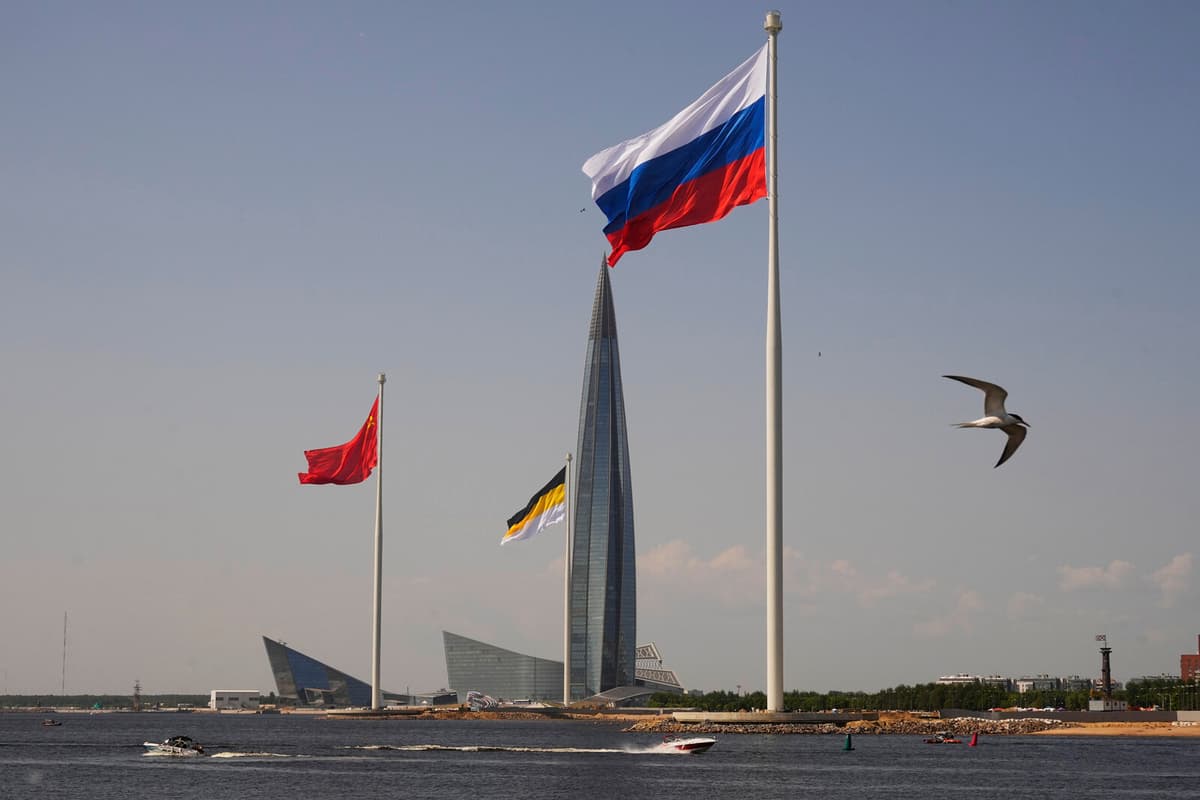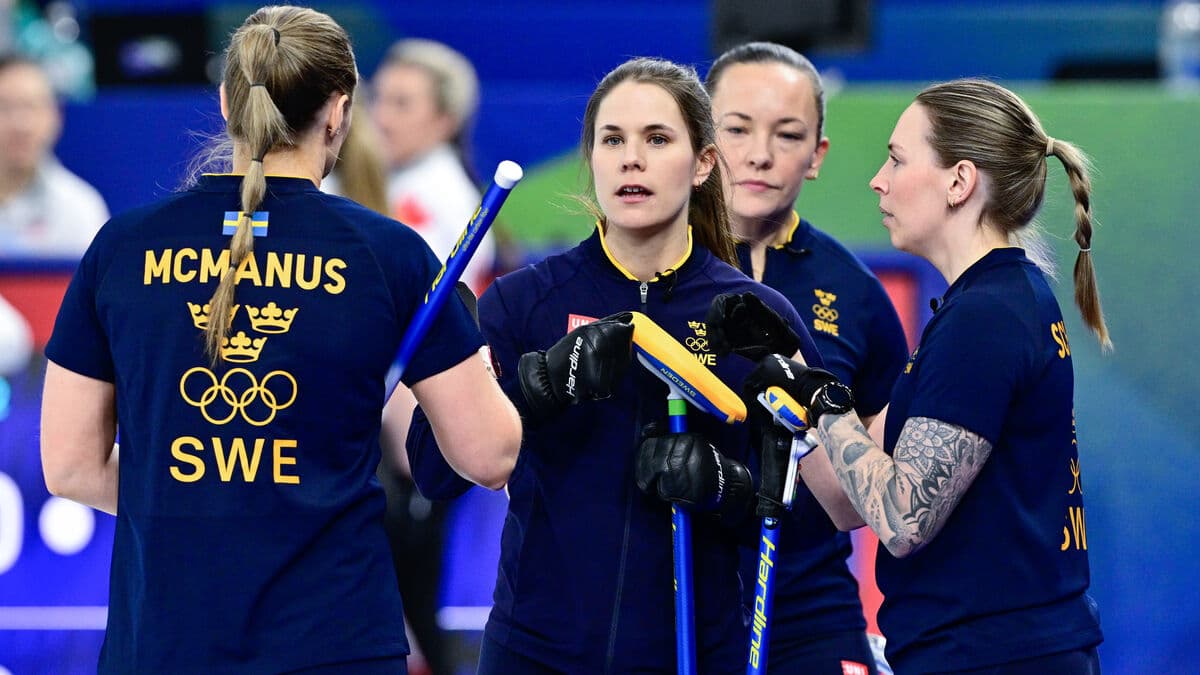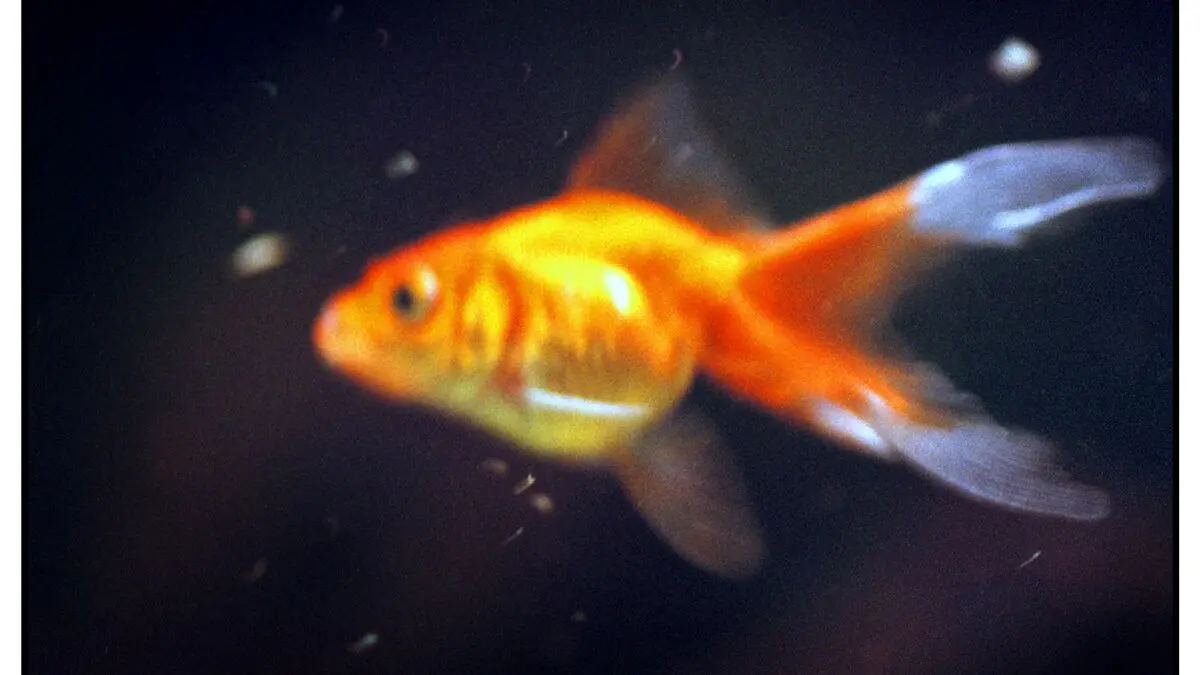The stop occurs after a five-year agreement on deliveries of Russian gas through Ukraine expired at the turn of the year.
"Due to the Ukrainian side's repeated and explicit refusal to extend these agreements, Gazprom was deprived of the technical and legal opportunity to deliver gas through Ukraine", Gazprom writes on Telegram.
Record-high gas price
However, both countries' leaders, Presidents Vladimir Putin and Volodymyr Zelenskyj, have said that the agreement would not be renewed.
Prior to the closure, the gas price rose on New Year's Eve to the highest level since November 2023, when it touched 50 euros per megawatt-hour (MWh). This despite the fact that the current gas is now estimated to account for only about five percent of European demand, according to Bloomberg.
"EU is prepared"
The closure reveals a rift within the EU on the view of Russian gas. The EU Commission's Ursula von der Leyen has set a goal to phase out Russian fossil fuels by 2027, while countries like Hungary and Slovakia, which partly rely on cheap Russian gas, had hoped for an extension of the agreement. Slovakia's Prime Minister Robert Fico, who has threatened Ukraine with cutting off electricity, warns that the stop will have drastic consequences for Europe. According to Fico, European consumers will be forced to pay up to 50 billion euros in extra gas costs per year and an additional 70 billion euros in higher electricity costs.
Stopping the gas flow via Ukraine will have a drastic impact on all of us in the EU, but not on Russia, says Fico in a video message on Facebook.
According to previous media calculations, the Russian state will, however, miss out on significant revenue as a result of the shutdown.
And Poland, which does not import any Russian gas, welcomes the stop and calls it "a victory".
Brussels is trying to downplay the potential effects and says that "the stop is expected and the EU is well prepared".
Reduced import after the war
The agreement to pump Russian gas through Ukraine to other European countries via pipelines dates back to the dissolution of the Soviet Union in 1991.
In 2023, Russian gas accounted for less than 10 percent of the EU's total import – a decrease from more than 40 percent before Putin's attempt to invade Ukraine.
The question of the gas stop is expected to be one of the topics of discussion when Prime Minister Ulf Kristersson arrives in Austria today for a two-day visit. Kristersson will, among other things, meet his Austrian counterpart, Chancellor Karl Nehammer, and President Alexander Van der Bellen.






